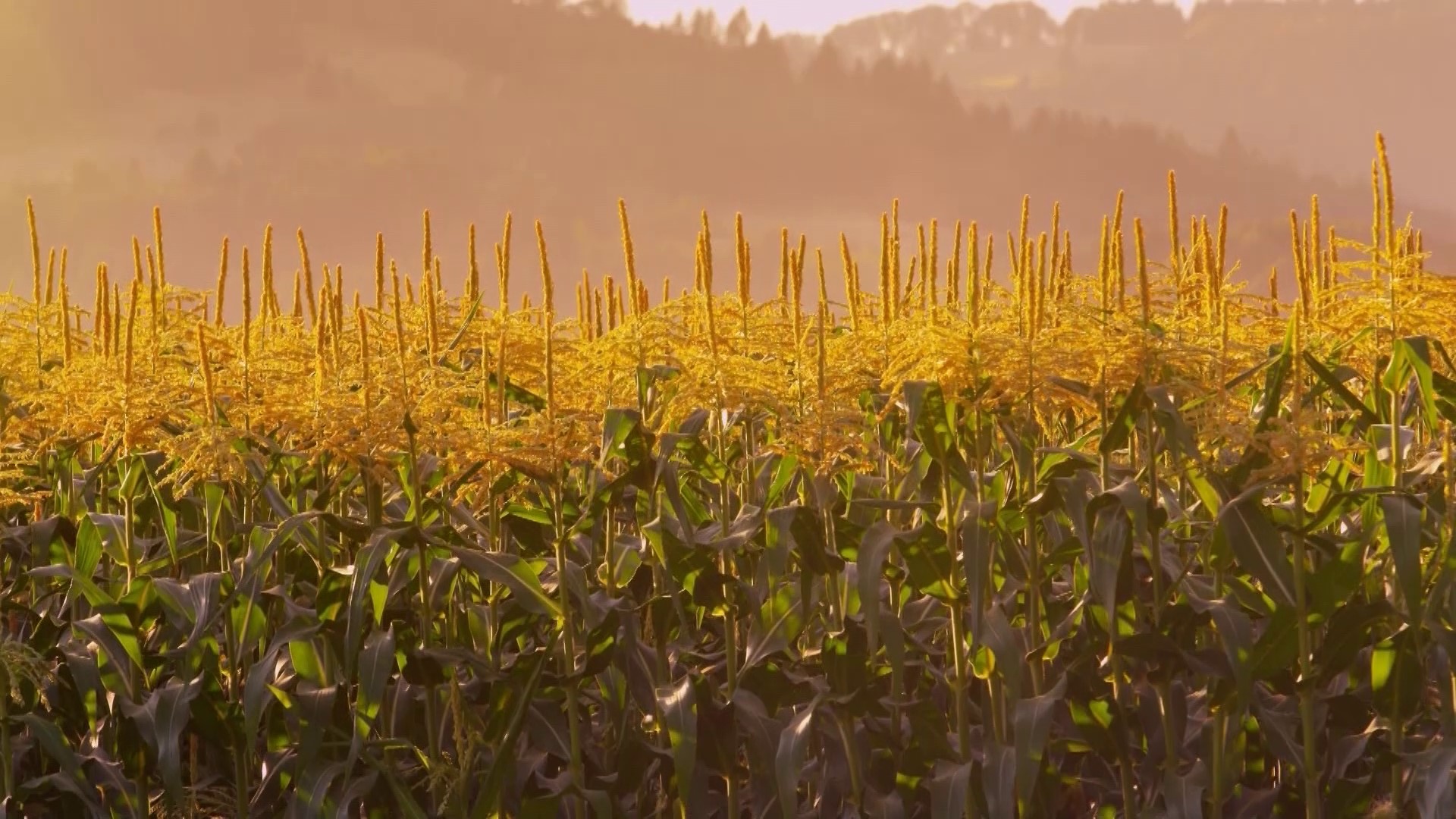HUNTSVILLE, Ala. — According to history, this time of year is not uncommon for dry conditions. "There's a little bit difference in 2016 in that it was hotter and drier, longer throughout the year," associate State Climatologist Dr. Lee Ellenburg shares. " The 2019 drought was actually a little closer to what we're seeing today where you were, you know, at the end of august, you know, you kind of stopped. there's just no more rain happening."
While we may know what this time of year brings, Ellenburg asks a bigger question. "I think southeast Alabama in particular is a little more susceptible to what we call flash droughts, where you just have a rapid intensification of dry periods," Ellenburg shares. "So, it's dry, sure. but what does that actually mean? how is it impacting people? how is it impacting our farmers? How is it impacting our ag land?"
The answer is what you would expect. "These fall droughts really seem to affect our grasslands and pasture lands more than others" Ellenburg explains. "A lot of pastoral land and a lot of our cattle producers utilize, you know, grassland for their feed and so if the grass dries up, they have to buy hay that can really affect their bottom line and their overall operation. In some cases, in south Alabama, we see that, you know, that the ground is just drying up so much that you can't even hardly harvest what's available there."
The Alabama Office of the State Climatologist at the University of Alabama Huntsville and Auburn University’s Alabama Drought Reach Program partner to help understand how these conditions affect the agricultural community. "On almost a weekly basis, Briana and I, we talk together, and she reaches out, so we know for sure that in these areas in south Alabama there's some of the peanut harvest being delayed because it just hasn't rained in so long," Ellenburg shares.
So how can farmers prepare for these conditions. "The main thing is to be resilient to these weather patterns," Ellenburg explains. " So, if you're a farmer, you know, investing in irrigation, investing in cover crops, investing and practices that can make you more resilient to these short dry periods because, you know, in the future, you know, there will be dry periods, right?
As far as relief goes, there really is no way to accurately predict the answer. "Obviously there's a lot of uncertainty and forecasting, there's a lot of uncertainty in forecasting two weeks, much less two months," Ellenburg explains. "So, what we always say is, you know, it's Alabama, it's going to be dry at some point."

